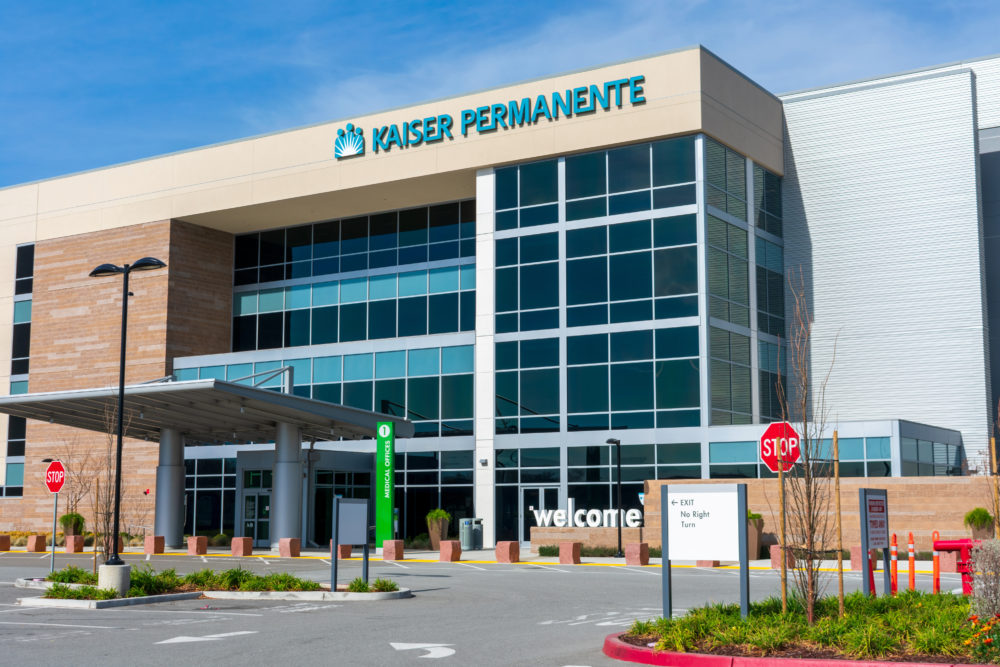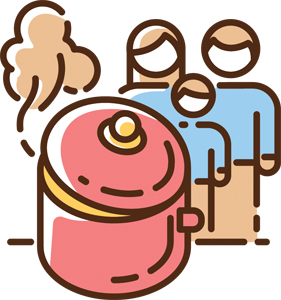
Kaiser Permanente began participating in a phase 3 clinical trial to test an investigational vaccine against SARS-CoV-2, the virus causing the current COVID-19 global pandemic in August. The health-care provider plans to enroll approximately 1,400 participants at four sites in California and Oregon. The goal for this trial is to enroll up to 30,000 participants at more than 120 sites around the world. The investigational vaccine being tested in the trial is BNT162b2, one of the vaccine candidates in development by Pfizer, Inc., and BioNTech, which are also the sponsors of the study.
The clinical trial is being conducted by investigators at the Kaiser Permanente Center for Health Research in Portland, Ore.; the Department of Research & Evaluation in Pasadena; and the Division of Research in Oakland.
“Kaiser Permanente is extremely well-positioned to address this public health emergency,” said Nicola Klein, M.D., Ph.D., director of the Kaiser Permanente Vaccine Study Center and principal investigator for the trial in Northern California, in a prepared statement. “We have been a leader in vaccine research for more than 30 years and have participated in clinical trials for almost every vaccine that has been licensed in the United States. We know we can meaningfully contribute to helping determine whether this vaccine is effective in preventing COVID-19 disease.

Kaiser Permanente clinical trial participants must be adult health plan members aged 18 to 85 years old, who are not pregnant (or planning to become pregnant) during the trial. The phase 3 trial is a randomized trial in which half of the participants will receive the vaccine and half will receive a placebo. This will be a double-blind study, meaning that neither the participants, nor the clinicians will know who is receiving the vaccine versus the placebo. During this phase of the trial, data will be gathered about safety, immune response and efficacy as required for regulatory review.
Kaiser is also playing an integral role in the development of another COVID-19 investigational vaccine, co-developed by the National Institute of Allergy and Infectious Diseases and Moderna, Inc.
Food & COVID-19
What’s the risk of being infected with the coronavirus from food? Currently, there is no evidence that food is associated with spreading the virus, according to the Centers for Disease Control and Prevention. The risk of getting COVID-19 from food you cook yourself, or from handling and consuming food at restaurants, as well as takeout and drive-thru meals is thought to be very low. What’s more, the risk of infection by the virus from food products, packaging or bags, is also thought to be very low. Though some people who work in food production and processing facilities have contracted the coronavirus, there’s no evidence of it spreading to consumers through the food or packaging.
The virus that causes COVID-19 cannot grow on food. However, when cooking at home, be sure to use proper food safety practices before, during and after preparing or eating food. And be sure to cook foods at their recommended cooking temperatures to prevent foodborne illness. For more information, visit cdc.gov.



